00 - 01
Safeguarding & Wellbeing
We aim to promote positive mental health for every member of our staff and pupil body. We pursue this aim using both universal, whole school approaches and specialised, targeted approaches aimed at vulnerable pupils.
Mental Health and Wellbeing
We aim to recognise and respond to needs as they arise. By developing and implementing practical, relevant and effective mental health and wellbeing policies and procedures, we can promote a safe and stable environment for pupils affected both directly and indirectly by mental health and wellbeing issues.
Inspired by Christ we grow and learn together, reaching our fullest potential.
We Offer Different Levels of Support
- Universal Support - To meet the needs of all our pupils through our overall ethos and our wider curriculum, we use Ten Ten resources for RSE, DAWSA materials to promote what is a healthy relationship and the Friends Resilience programme. Our mental health and wellbeing teaching is part of our PSHE curriculum.
- Additional support - For those who may have short term needs and those who may have been made vulnerable by life experiences, we offer Rainbows bereavement group and 1:1 sessions with an experiences and qualified TA.
- Targeted support - For pupils who need more differentiated support and resources or specific targeted interventions, we offer Lego therapy, group work with the MHWB Me Too team, or referral to wider professionals such as CYPS or the mental health pathway.
Safeguarding
Safeguarding is paramount at St. Wilfrid’s.
You will find a suite of information within this section including relevant policies.
Safeguarding and Child Protection Policy 2025-26
Child Friendly Safeguarding Policy
E-Safety
Children at St Wilfrid's RCVA Primary School use the internet on a regular basis as part of their learning in school.
We have termly e- safety activities to remind children of the importance of keeping themselves safe online.
The school has an E-saftety policy; this is shared with Staff and Governors.
At home, sometimes children can be given unsupervised access to the internet. This, potentially allows them to access all kinds of society (both good and bad) and bring them virtually into their homes.
Here are some useful tips and links to help you to keep your child safe online:
- We would encourage parents to set up filtering on their home internet. Learn how to do this for -the major providers of internet.
- We also suggest parents read this information on Facebook privacy, as whilst we know that no children under the age of 13 should be on Facebook, if they are then they should be educated as to how to ensure they are safe.
- Keep your computer in a shared area - talk to your child about what they are doing online and, if possible, set up your computer in a shared area at home so that you can all share in the wonderful sites that are available on line.
In school, children learn about E-safety through a series of lessons and assemblies.
Children learn how to report any content or conduct they encounter online to CEOP (Child Exploitation and Online Protection). CEOP also has a great website of information on E-safety. It provides excellent clear guidance for both parents and children.
More Information
- BBC Webwise - BBC website that provides useful information for parents on parental controls.
- Kidsmart - An award winning internet safety programme for children.
- Know IT All - Lots of useful advice for keeping yourself and your children safe on the internet.
- Children's E-safety booklet - a booklet with activities to complete with children.
- Parental Guide to E- safety - information to parents.
